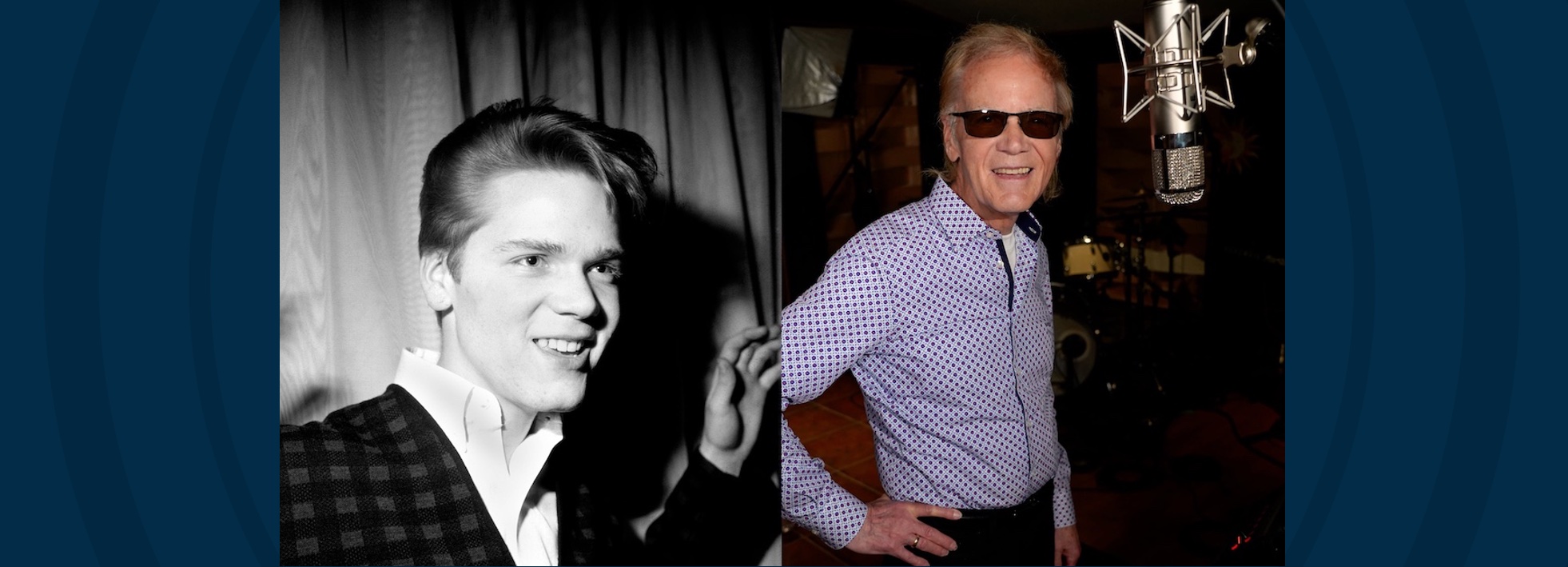Have you ever created a soundtrack for your life? It’s a collection of songs that transport you to the most critical times, places, experiences and people that have come to shape who you are as a person.
It’s an insightful exercise to not only learn more about yourself, but to learn more about your spouse, neighbors, friends and family. Take a piece of paper or open a note on your phone and find a quiet place to reflect. Think back on the biggest moments that changed the course of your life. Milestones you reached, crossroads where you were diverted, relationships that grew or even fell apart.
Life is full of ups and downs and, like any good album, is diverse in the tone of its experiences. You will likely highlight the happy memories first; try to also remember the places where you failed, or even the experiences that brought anger, sadness, or grief.
Now, think of the songs that transport you to those memories. Was there a particular song that always makes you think of that old friend? A specific track that you listened to on repeat on a memorable trip, or a song that you leaned on to get through a hard time?
Cultivate these songs into a playlist and share it with a loved one and ask them to do the same. As you listen to each song, share the memories and stories behind your selections. It’s an intimate experience to not only learn about your friends and family, but a chance to learn more about yourself and reflect on your journey to this point.
Whether you choose to add to this playlist in the years ahead or just enjoy some of your old favorites, listening to music can lead to a healthier life, according to a recent study by Johns Hopkins Medicine.
Health Benefits from Listening to Music
Reduces Anxiety
Improves Sleep Quality
Reduces Blood Pressure
Improves Overall Mood
Improves Memory
Increases Mental Alertness
If you want to keep your brain engaged throughout the aging process, listening to or playing music is a great tool. It provides a total brain workout.one Johns Hopkins doctor noted.
For those who are able to play an instrument themselves, the National Library of Medicine reports an increase in communication skills, cognitive function, and fewer feelings of isolation and depression for older musicians. Their report found that “playing an instrument can positively impact the wellbeing of older adults throughout life by promoting empowerment, autonomy and social cohesion.”
Don’t worry if you don’t play an instrument today, because it is truly never too late to learn. The NLM study found that adults who took piano lessons later in life were able to seize the benefits of improved executive brain functioning, working memory, and were less likely to experience cognitive decline and dementia.
As you enjoy the Fall ’23 edition of Growing Bolder Magazine and learn about rock stars like Roger McGuinn, be sure to increase your brain health by turning up the volume on “Eight Miles High” or “Mr. Tambourine Man” in the background.
This article is featured in the Fall 2023 issue of The Growing Bolder Digital Digest.















